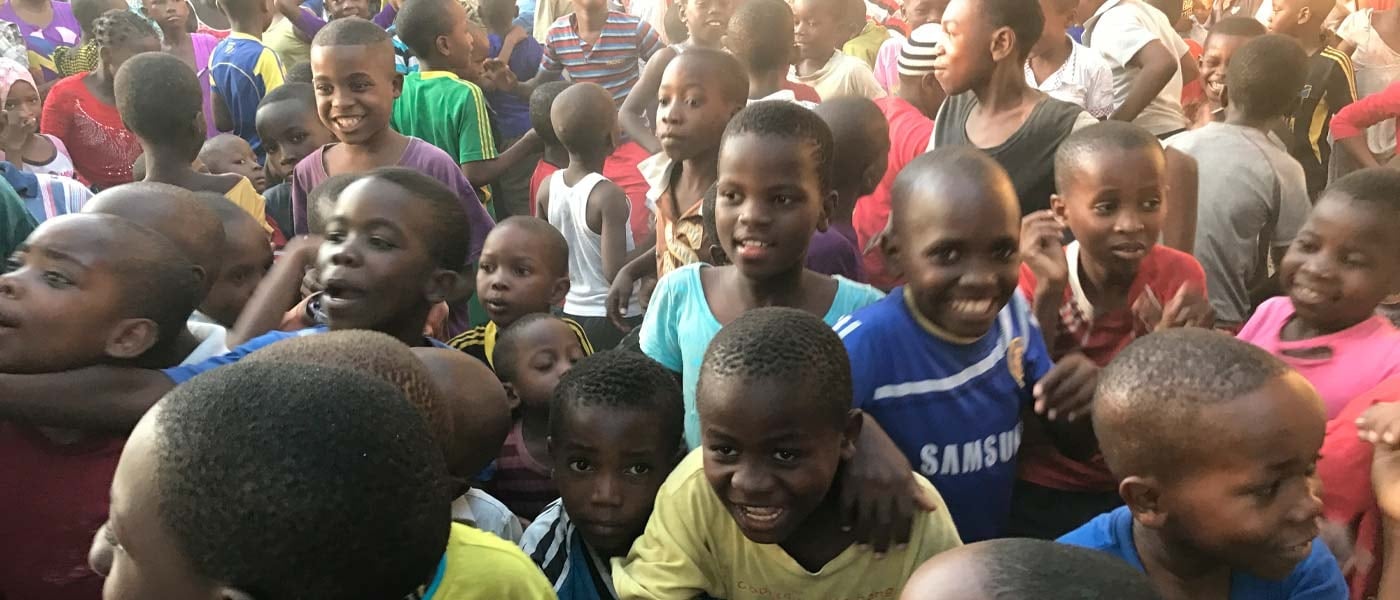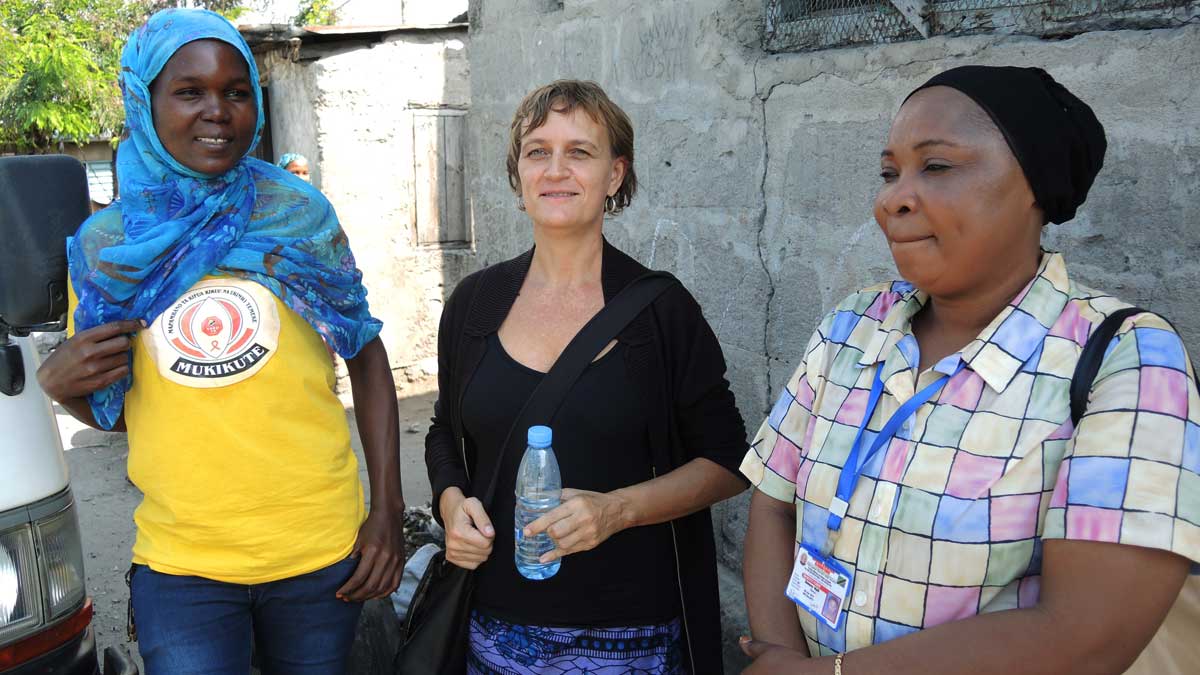
Tanzania
Tanzania is a poor country which is severely affected by both tuberculosis and HIV. Therefore, it is important to take measures to diagnose, treat, and provide care to people affected by both diseases.
Tanzania struggles with a lack of well-qualified health personnel and a health care system with few resources. These problems make organising work to combat tuberculosis challenging.
Tanzania was the first country in the world to adopt what is now standard strategy for controlling TB: directly observed treatment, short-course (DOTS). The strategy aims to ensure better monitoring of the individual patient. This provides a solid foundation to build upon in the fight against tuberculosis in the country.
Affiliates in Tanzania
In Tanzania, we work with partners both within the public health care system as well as with NGOs. LHL International receives funding for its affiliates from Norad.
Mukikute: LHL International has been involved with building up the patient organisation Mukikute. Mukikute was established in Temeke District in Dar es Salaam in 2006. It trains former patients to become treatment supporters for people with TB and HIV (peer work). It has local chapters in several places in the country.
We collaborate with the municipal health care system in Temeke municipality in Dar es Salaam. Dar es Salaam is a designated health care region in the national tuberculosis program in Tanzania.
Temeke Municipal Temeke is a district in Dar-Es Salaam
PASADA: Is an NGO connected to the Catholic Church within the Archdiocese of Dar es Salaam. PASADA operates health services for HIV and TB patients, and it works with mobile clinics that provide slum-dwellers with access to medical care.
Kibong'oto Infectious Diseases Hospital: LHL International has a partnership contract with Kibong'oto Infectious Diseases Hospital, a national hospital in Kilimanjaro region. This facility has the national responsibility for treating patients with multidrug- resistant tuberculosis.
Our work in Tanzania
Home-based tuberculosis treatment:
One of the strategies for achieving better results in the fight against tuberculosis in Tanzania is to offer home-based tuberculosis treatment with support from families and former tuberculosis patients.
Education:
Public education about tuberculosis in the local community via song and drama is an important addition for reducing tuberculosis stigma.
Patients' rights:
Through our partnership with Mukikute, we will encourage the patient organisation’s further growth in working with rights issues for people with tuberculosis or HIV/AIDS.
Vulnerable groups:
Those who belong to groups defined as highly susceptible to tuberculosis include orphans, miners, drug addicts, semi-nomadic pastoralists (Maasai people), prisoners, and migrants. The aim is that people in these groups should gain more knowledge about tuberculosis and that diagnosis and treatment should become better adapted for them.
Patients with multidrug-resistant tuberculosis (MDR-TB):
We will help to improve conditions for patients who are hospitalised with multidrug-resistant tuberculosis. These patients are in treatment over a long period of time (often for two years); they tend to be far from home; and they receive a painful treatment that often has dangerous side effects.
Read more about resistant tuberculosis here.
 Ingunn Nordstoga, an employee of LHL International, visiting the patient organisation Mukikute in Tanzania.
Ingunn Nordstoga, an employee of LHL International, visiting the patient organisation Mukikute in Tanzania.
Objectives and results
Figures from the World Health Organisation (WHO) show that Tanzania is among the countries hardest hit by tuberculosis in the world. At the same time, the country is heavily affected by the HIV epidemic. LHL International assists in coordinating efforts to diagnose, treat, and care for people who suffer from both infections at once.
Read more about TB and HIV co-infection here.
The collaboration with Temeke Municipality resulted in a new national standard for TB patients in 2011: all patients (except those who have infectious resistant tuberculosis) can choose whether they will come to a clinic to take their daily medication or be monitored at home by a volunteer treatment supporter and take their medicine there. The vast majority choose home-based treatment. This contributes to better treatment outcomes and lowers treatment costs for patients.
Read more about our peer work.
The collaboration has also resulted in patient-friendly brochures on tuberculosis and HIV, developed in conjunction with patients and health personnel. The brochures are an important part of the information campaign and are distributed to all health regions in the country.
We work with effective health communication and user participation in close collaboration with the public health care system.
The results include the following:
- All newly diagnosed patients can be treated locally, and the number of patients who complete treatment without interruption is increasing.
- Several measures have been implemented to increase the early diagnosis of patients. These include examining the family members of those who are sick as well as training health personnel in other areas of the health care system, particularly those working in prenatal care or with HIV patients, to recognize TB symptoms.
- Health workers experience increased job satisfaction and better communication with patients after they are trained in effective health communication and they make use of patient-friendly brochures in their communication with patients.
Read more about how important good health communication is for TB sufferers.
